
Ethan
Tonbridge, England
“I aspire to help make mindfulness more accessible to young people regardless of their background or prior experiences. I believe that as MiSP Ambassador, I can voice the benefits mindfulness has had on my life, and hopefully encourage more young people to give it a go themselves.”

Emily
Manchester, England
Emily
“Mindfulness was a life saver after being involved in the Manchester Arena terrorist attack in 2017. I found it very difficult to deal with the psychological trauma and I used mindfulness to allow me to feel my feelings and accept what I was going through.” Read Emily’s story here: MiSP Youth Ambassadors: Emily Brierley | Mindfulness in Schools Project
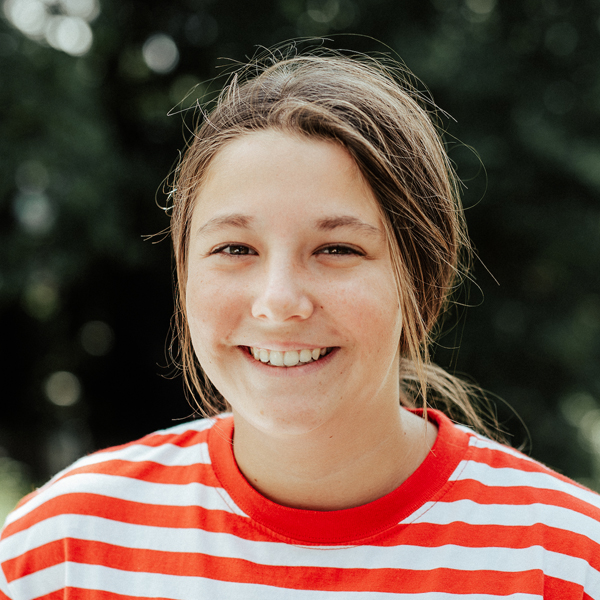
Defne
Switzerland
Defne
“Mindfulness helps me to concentrate better. I bring my thoughts together and I can focus. I also play football and mindfulness helps me when I am excited. In my opinion, many more young people should experience and try out mindfulness – it’s such a powerful tool for everyday life.”

George
Hertfordshire, England
George
“Mindfulness helps me in many ways: it helps me focus on tasks that need to be completed and it takes away distractions that cause me stress. Mindfulness also allows me to relax and concentrate on myself. I use Beditation to help me relax and sleep. I believe that mindfulness should be taught in schools because it can help students connect with themselves and their feelings which can then reduce stress and help with focus.”

Lena
Paisley, Scotland
Lena
“I really like mindfulness and like doing my practice and learning about it. I like to do petal practice and I also use FOFBOC. I use mindfulness to help me concentrate on schoolwork. I have been teaching my mum at home and she is getting quite good at it!”

Logan
Neath, Wales
Logan
“When I feel worried or angry like I might go savage, mindfulness helps me stay calm and relax. The petal practice and the .b breathing practices are my favourites as I can easily use them when I have a wobble moment. I think mindfulness should be taught to everyone not just in schools as it helps people understand how and why they might do things because of the way our brains work and it helps people stay in control, calm and happy.”

Mylie
Redruth, England
Mylie
“WI like doing the finger breathing & how many breaths in a minute practice, and I like doing the practices lying down. I like leading the practices in class & helping other people. I also Iove nature, being outside & watching birds.”
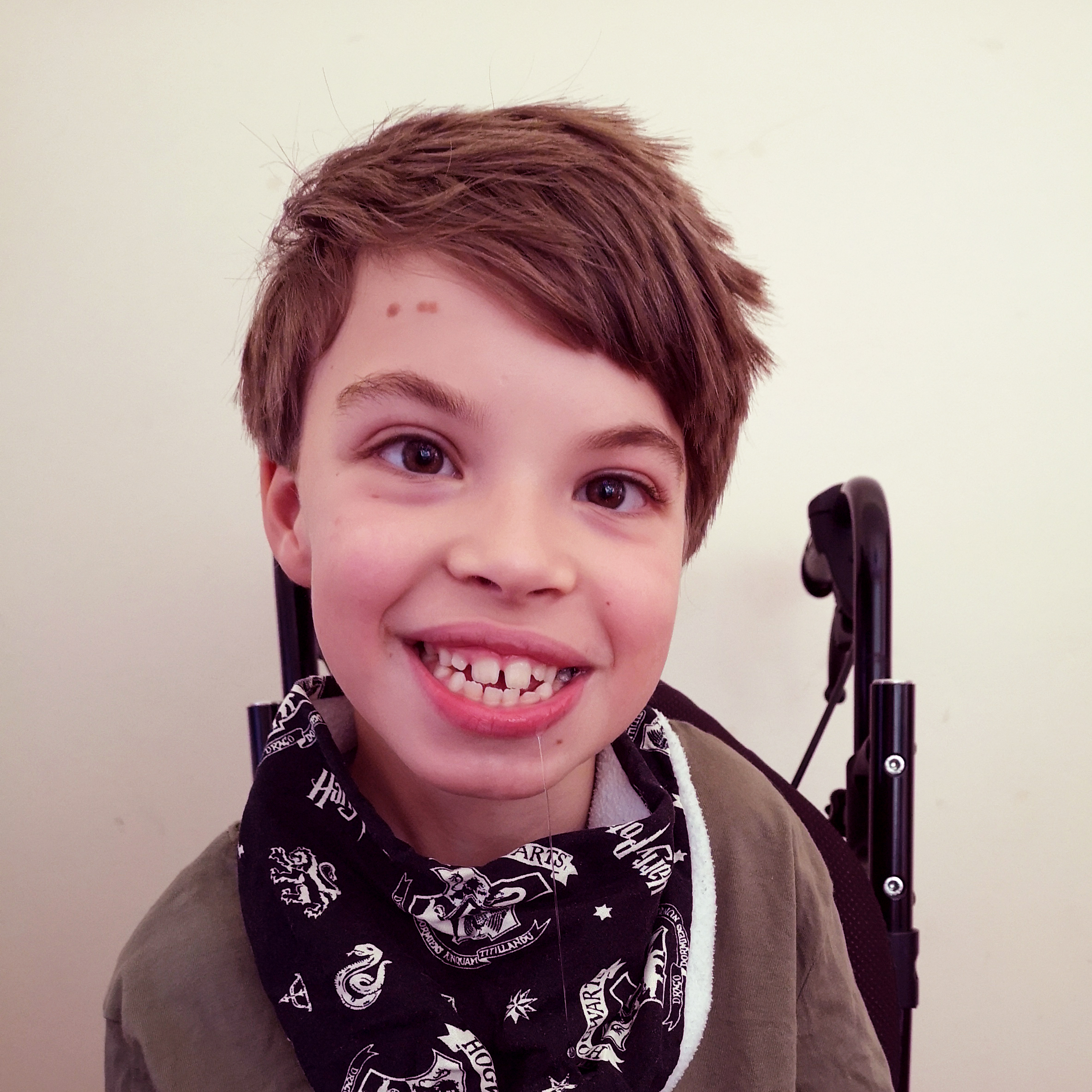
Noah
Hayle, England
Noah
“When I feel upset or angry my temper goes bananas. I do petal practise and finger breathing, I use them when I get frustrated (e.g. when computer games don’t work and when I’m excited).”

Sethan
Redruth, England
Sethan
“Mindfulness helps me to calm down & to do better things, to concentrate which helps with things; it’s just what I do now! I like the FOFBOC best, it’s all silent & you get to sit on a chair whilst doing a Paws b practice, its just fun. I do the practices a little bit at home too. It can help you anytime of the day; if you are getting rage it will always help you. I think it will help you in life.”
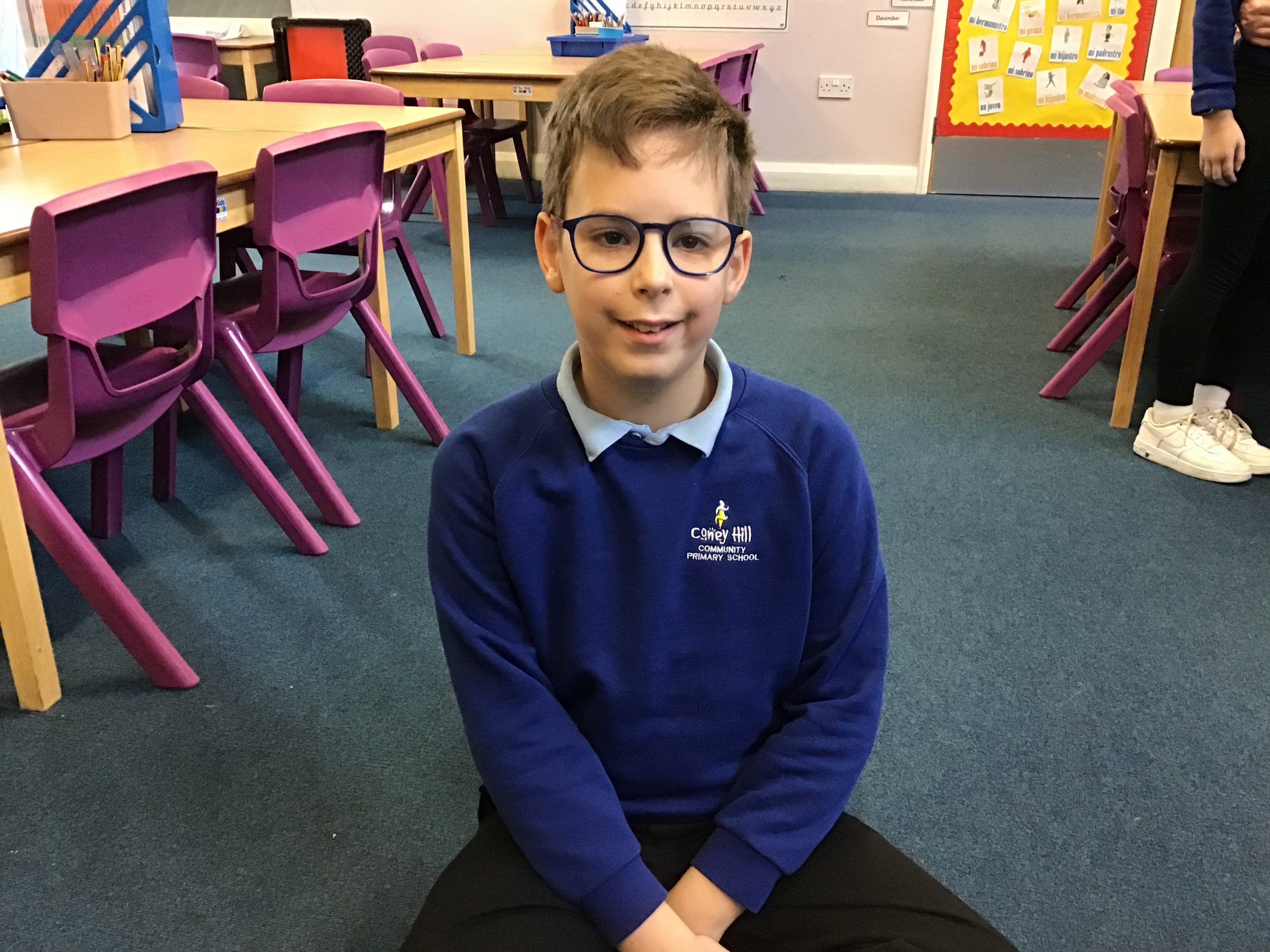
George
Gloucester, England
George
“Mindfulness helps me to calm down when I’m feeling stressed. I find understanding how the brain works is useful to understand why I’m feeling anxious or stressed. I want to learn more about mindfulness and to help others.”
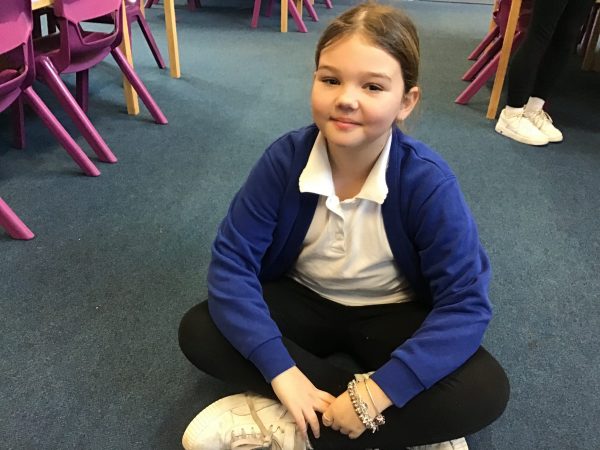
Ruby-Mae
Gloucester, England
Ruby-Mae
“Mindfulness helps me to relax and concentrate. I want to be an Ambassador to show children that it is ok to use mindfulness techniques in school.”
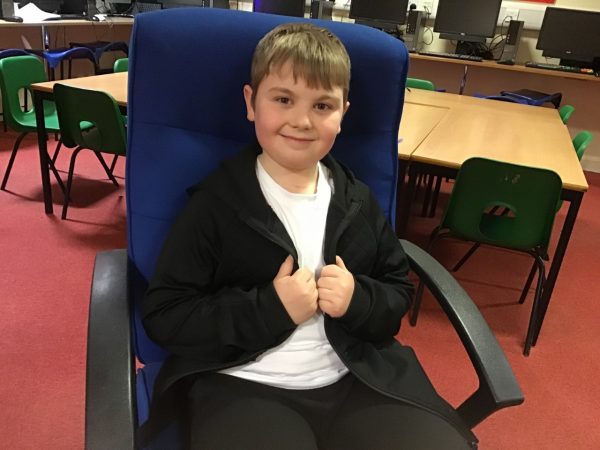
Dylan
Gloucester, England
Dylan
“It’s important for mindfulness to be taught in schools because you can use these techniques while growing up. I feel I can help other children use and learn these techniques, so they can also benefit from mindfulness.”
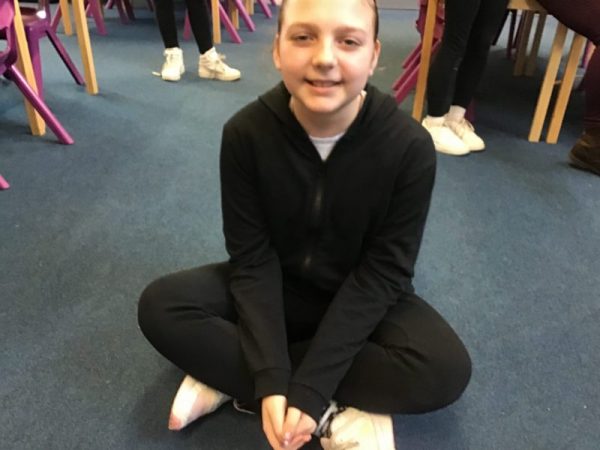
Karla
Gloucester, England
Karla
“Mindfulness helps me be calm and helps others to be calm. I find petal breathing most useful as you open and close your hand and keep your eyes closed. I want to be an Ambassador to encourage and help others to get out their comfort zone and try new things.”
Who are MiSP Ambassadors?
What do they do?
Why do it?
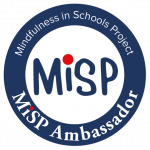 How to nominate a young person to be a MiSP Ambassador
How to nominate a young person to be a MiSP Ambassador
To become a MiSP Ambassador, young people must be nominated by their MiSP curricula teacher or an adult in their school / setting.
They will also need permission from their parent / carer to participate in this scheme.
Download and complete the nomination form
Ambassador Uploads
Further information
Please email enquiries@mindfulnessinschools.org if you have any further queries about this scheme.